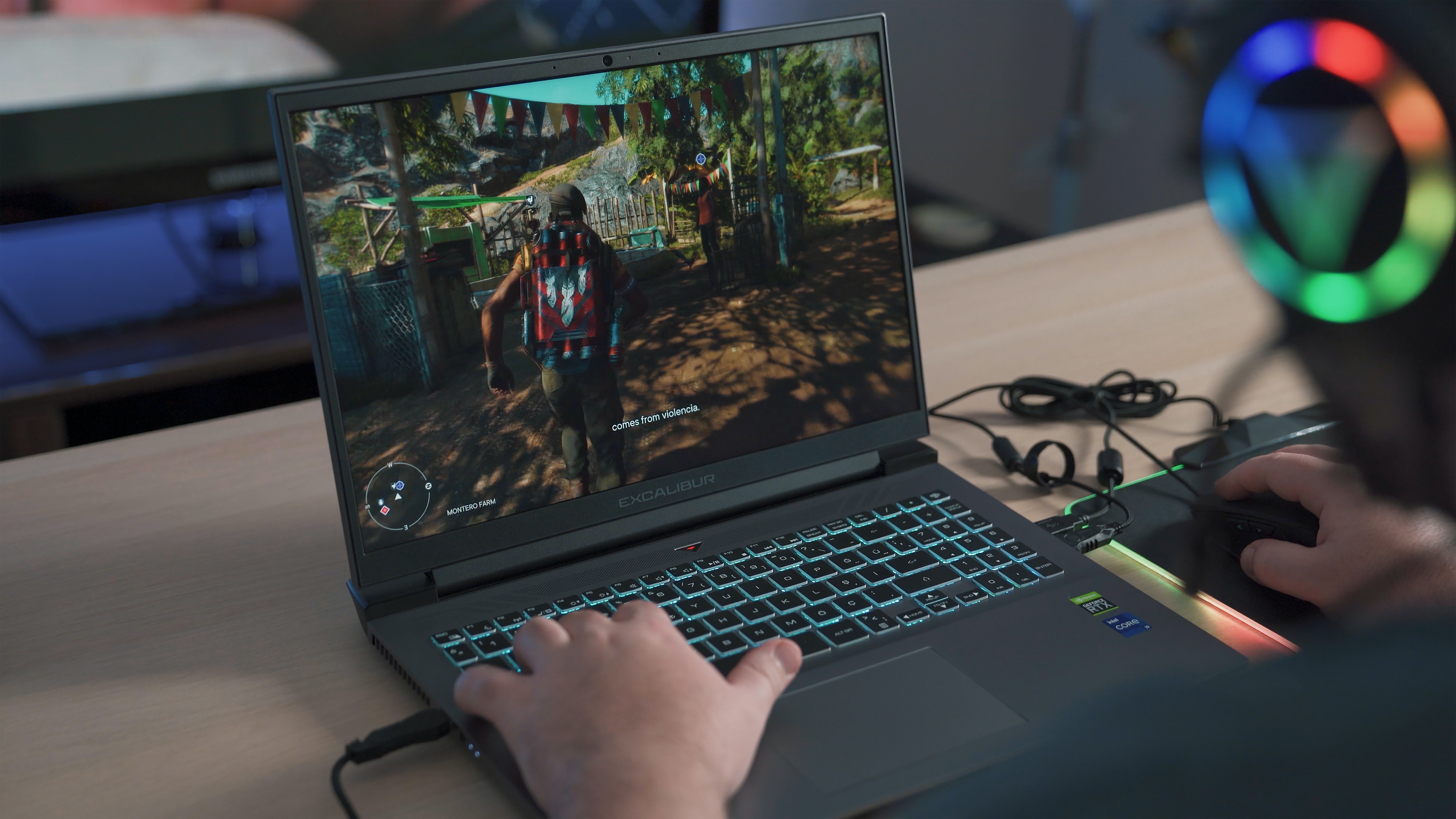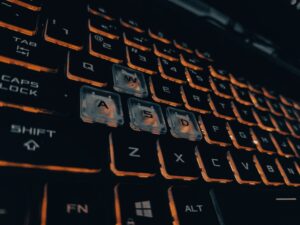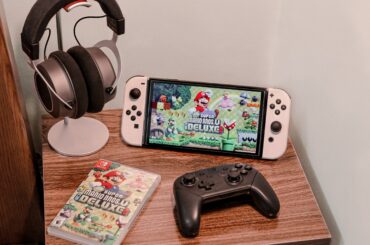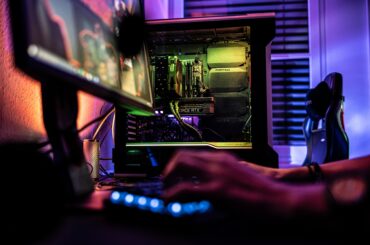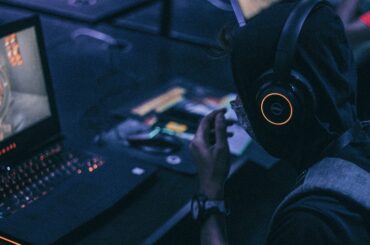Traveling with electronic devices has become a common occurrence for many people. Whether it’s for work or leisure, we often pack laptops, tablets, and other electronic devices to keep us connected and entertained while on the go. However, knowing the rules and regulations regarding electronic devices in luggage is essential to avoid any inconvenience or safety hazards during your travel. The Transportation Security Administration (TSA) has established guidelines for packing and transporting electronic devices in luggage to ensure the safety of all passengers. This article will discuss the importance of knowing these rules and provide a brief overview of the TSA guidelines.
Is gaming laptops charger allowed in checked luggage?
TSA Guidelines for Electronic Devices :
The TSA has established guidelines for electronic devices in both carry-on and checked luggage to ensure passengers’ safety and prevent potential safety hazards. Here is a detailed explanation of the TSA guidelines for electronic devices in luggage:
Carry-On Luggage: All electronic devices are allowed in carry-on luggage, including laptops, tablets, and gaming devices. However, passengers must remove these devices from their carry-on luggage and place them in a separate bin for screening at the security checkpoint. Additionally, the TSA has established guidelines regarding the size of the electronic devices allowed in carry-on luggage. Devices more significant than a standard-sized laptop, such as gaming consoles or prominent speakers, must be screened separately and may require additional screening.
Checked Luggage: The TSA has stricter guidelines for electronic devices in checked luggage. While most electronic devices are allowed in checked luggage, some restrictions and prohibitions exist. For example, spare lithium-ion batteries, commonly found in power banks, are not allowed in checked luggage, while lithium-ion batteries installed in electronic devices are allowed. Some airlines may have additional restrictions on electronic devices in checked luggage, so it is essential to check with the airline before packing any electronic devices.
Difference between carry-on and checked luggage rules: The primary difference between the TSA guidelines for carry-on and checked luggage is that carry-on luggage has fewer restrictions than checked luggage. All electronic devices are allowed in carry-on luggage, while some devices are restricted or prohibited in checked luggage. This is because carry-on luggage undergoes less rigorous screening and handling procedures, which may cause damage or safety hazards if electronic devices are not properly packed and transported.
It is essential to follow the TSA guidelines for electronic devices in luggage to ensure your safety and the safety of other passengers. Always check with the airline and TSA guidelines before traveling to ensure you pack and transport electronic devices safely.
Gaming Laptop Charger and Lithium-Ion Battery :
Now that we have covered the TSA guidelines for luggage electronic devices let’s dive deeper into gaming laptop chargers and lithium-ion batteries.
Lithium-ion batteries are rechargeable batteries commonly used in electronic devices, including laptops, tablets, and smartphones. They are lightweight and have a high energy density, making them a popular choice for portable devices. Non-lithium-ion batteries, such as alkaline batteries, are not rechargeable and have a lower energy density.
The TSA has established rules regarding lithium-ion batteries in electronic devices to prevent potential safety hazards during air travel. Lithium-ion batteries must be installed in the electronic device and cannot be packed separately in checked luggage. Spare lithium-ion batteries, such as power banks or external chargers, are prohibited in checked luggage and must be transported in carry-on luggage.
Regarding gaming laptop chargers, the TSA guidelines are similar to other electronic device chargers. Portable chargers or power banks containing a lithium-ion battery must be packed in carry-on bags, while the charger itself can be packed in either carry-on or checked luggage .
It is important to note that some airlines may have additional restrictions on lithium-ion batteries and electronic devices in luggage, so it is crucial to check with the airline before traveling. Additionally, it is recommended to properly pack and transport electronic devices and their chargers to prevent any potential damage or safety hazards during travel.
Safety Concerns and Precautions :
While lithium-ion batteries are a popular choice for portable electronic devices, they can pose safety risks if not handled properly. One of the primary concerns is the potential for thermal runaway, a process in which the battery overheats and catches fire or explodes. This can be caused by factors such as overcharging, physical damage to the battery, or exposure to high temperatures.
To prevent potential safety hazards, taking precautions when packing electronic devices with lithium-ion batteries is essential. Some of these precautions include:
It kept the battery in the device or its original packaging to prevent damage or short-circuiting.
Ensuring the device is turned off and unplugged during transport.
They protect the device from physical damage or crushing during transport.
I am avoiding exposing the device to high temperatures or direct sunlight.
Following TSA guidelines for electronic devices in luggage is also crucial for safety. By transporting lithium-ion batteries in carry-on luggage, passengers can keep an eye on their devices and prevent potential safety hazards that may occur in checked luggage. Additionally, by following TSA guidelines, passengers can help airport security personnel quickly and efficiently screen electronic devices, reducing the risk of delays or disruptions during travel.
In summary, while lithium-ion batteries are a convenient and popular choice for portable electronic devices, they can pose safety risks if not handled properly. By taking precautions when packing electronic devices and following TSA guidelines for safety, passengers can help ensure a safe and smooth travel experience.
In conclusion, understanding TSA guidelines for electronic devices in luggage is crucial for a safe and smooth travel experience. Safety concerns surrounding lithium-ion batteries with electronic devices highlight the importance of taking precautions when packing and transporting these devices. Following TSA guidelines, passengers can reduce the risk of safety hazards and help airport security personnel screen electronic devices efficiently.
It is important to note that airlines may have additional guidelines or restrictions on electronic devices with lithium-ion batteries. Therefore, it is recommended that passengers check with their airline and TSA guidelines before traveling with these devices.
In summary, by following TSA guidelines and taking necessary safety precautions, passengers can ensure a safe and seamless travel experience when transporting electronic devices with lithium-ion batteries.
